As travelers become more conscientious about their environmental impact, the demand for eco-friendly accommodations has skyrocketed. Eco-lodges in Sustainable Hotels in Vietnam, particularly in Vietnam, Cambodia, and Laos, are leading the way in sustainable tourism. These off-the-grid stays not only minimize environmental impact but also help support local communities and preserve natural ecosystems. Whether nestled along the Mekong River or hidden in lush jungles, these eco-lodges offer a unique, environmentally responsible way to experience the beauty of these vibrant countries.
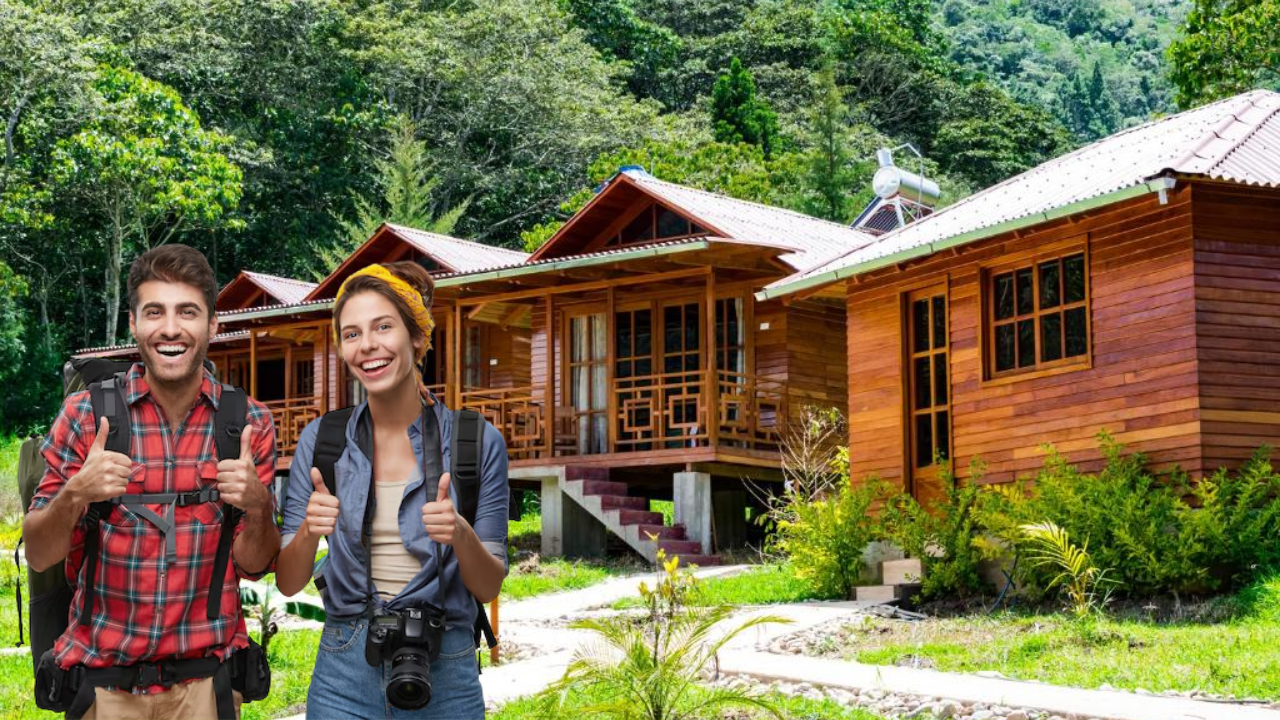
Why Eco-Lodges Are a Game-Changer in Sustainable Travel
Why It Matters: Sustainable tourism ensures that communities and ecosystems thrive while providing travelers with meaningful experiences. According to the UNWTO, 55% of global travelers say they would be willing to pay more for eco-friendly accommodations, underlining the importance of sustainable travel.
In this guide, we’ll explore the top eco-lodges in Vietnam, Cambodia, and Laos, showcasing the best destinations where travelers can enjoy a low-impact vacation while supporting local communities.
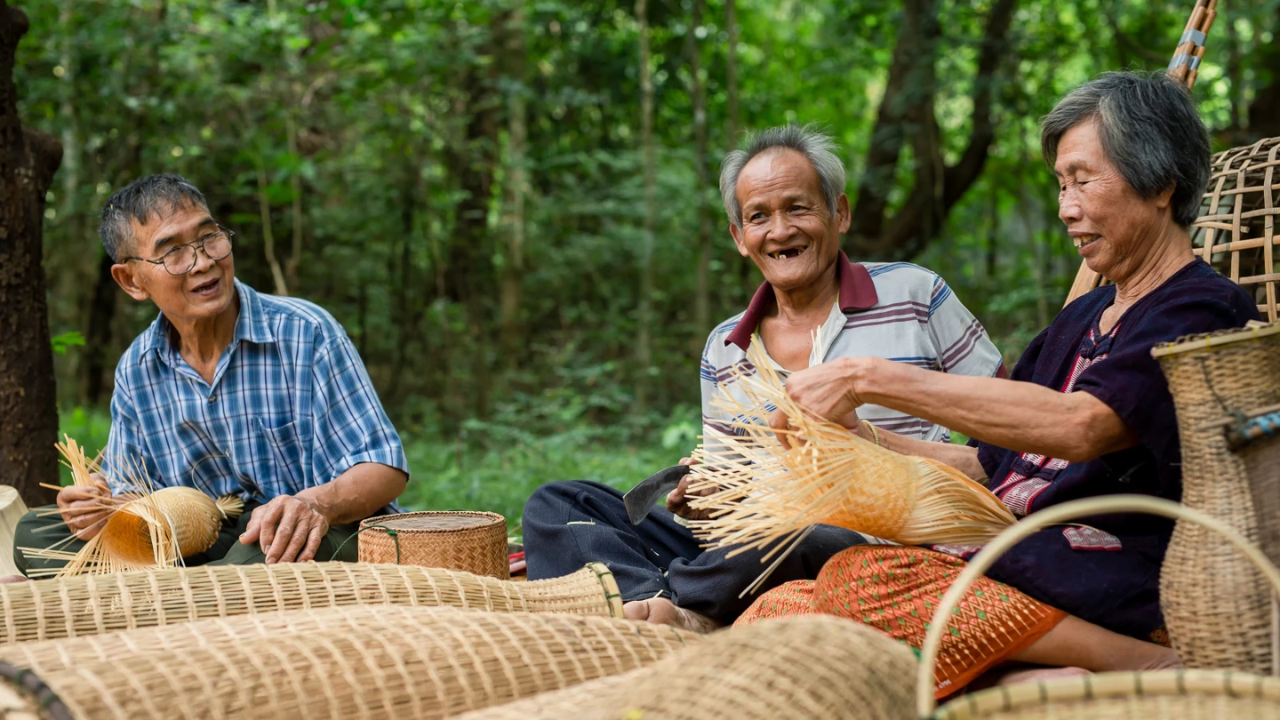
1. Supporting Local Communities and Preservation Efforts
The Challenge: Balancing Tourism with Conservation
Traditional tourism often brings a heavy environmental toll, from resource depletion to increased waste. However, eco-lodges take a different approach, using sustainable practices to benefit local economies while preserving the environment.
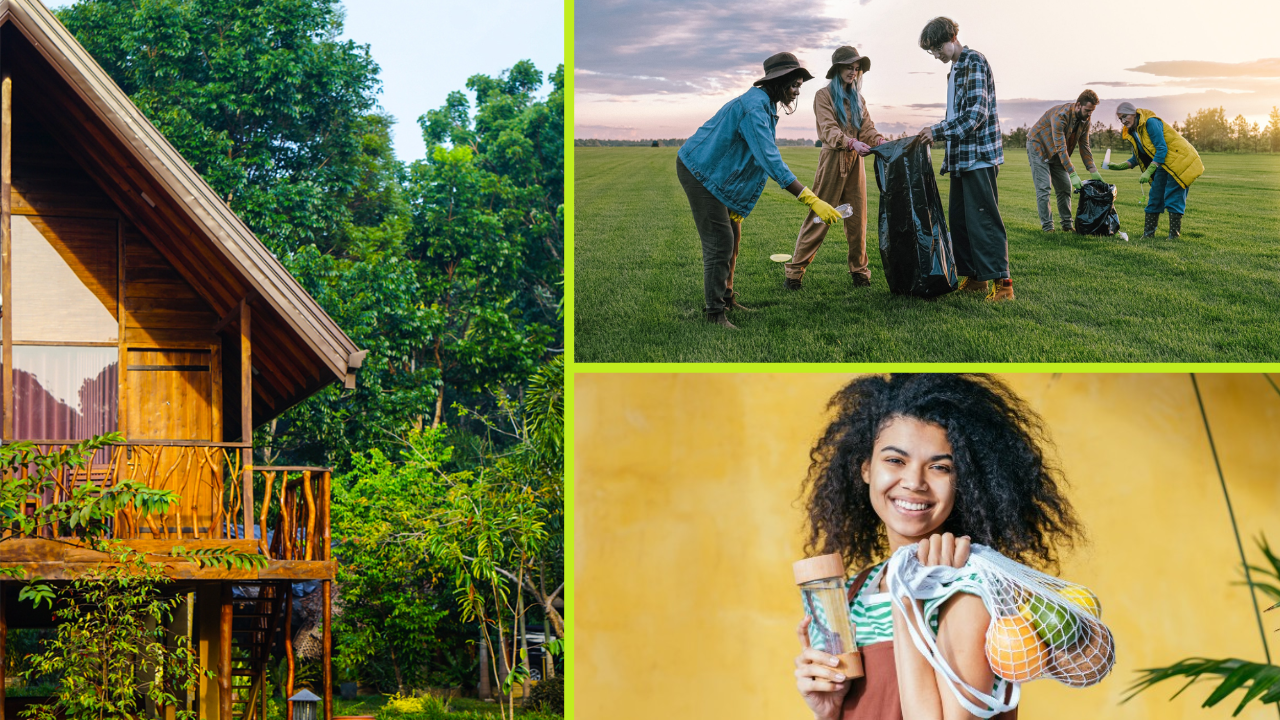
How Eco-Lodges Overcome This: Community Engagement and Environmental Preservation
Eco-lodges are designed with a strong focus on the local environment and community. They typically collaborate with local artisans, offer fair wages, and use sustainable building materials. Many of these lodges also contribute to environmental protection initiatives, such as reforestation and wildlife conservation.
- Key Statistic: Eden Eco Village in Laos is a 100% solar-powered eco-lodge, demonstrating how renewable energy can support eco-tourism without compromising comfort or service (Eco-lodge.com).
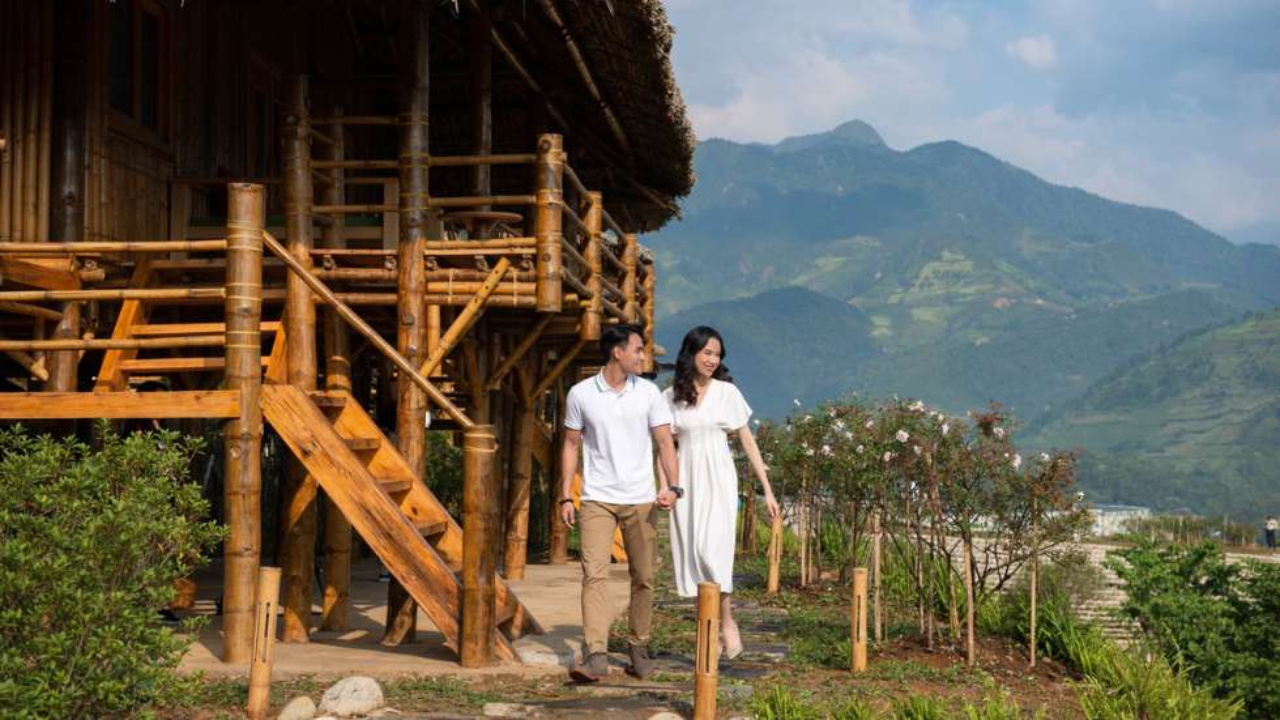
Step 1: Vietnam’s Best Sustainable Hotels and Eco-Lodges
The Challenge: Finding Authentic Eco-Tourism Experiences
Vietnam is home to many stunning natural landscapes, including tropical forests, rugged mountains, and vast rice paddies. However, as tourism in the country continues to grow, preserving these ecosystems and cultures has become an increasingly urgent priority.
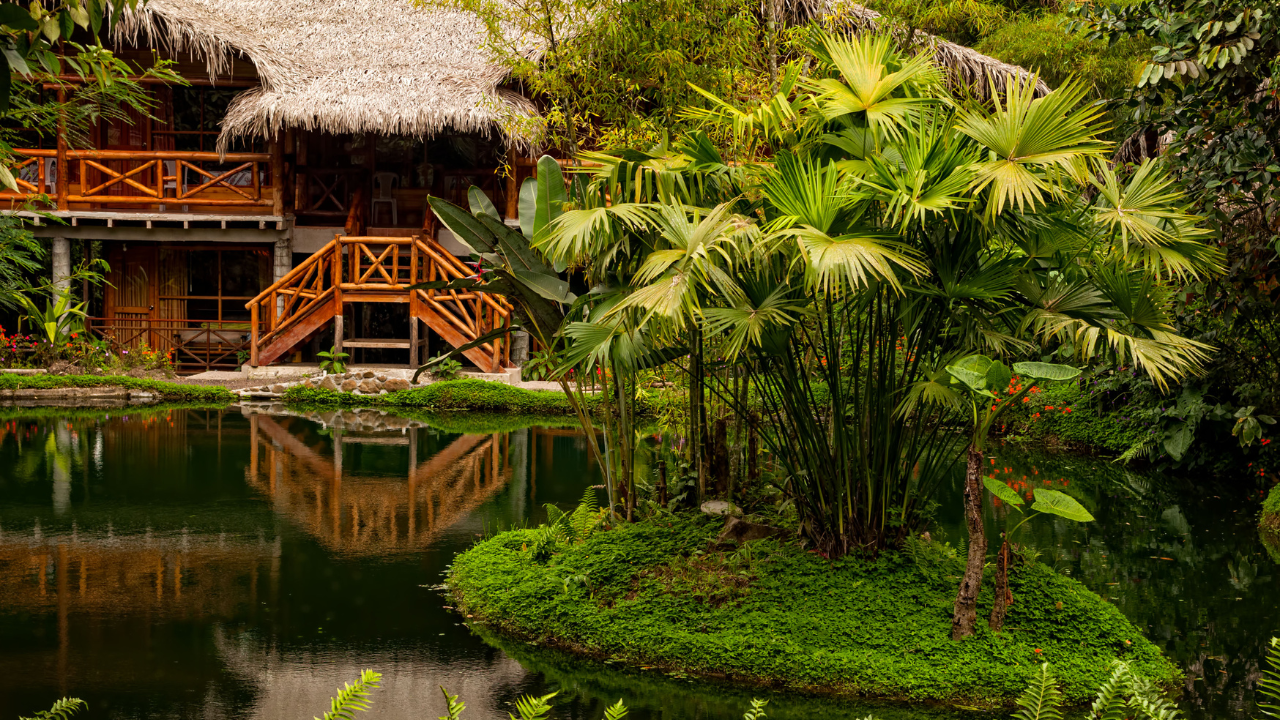
How Eco-Lodges in Vietnam Are Leading the Way
Several eco-lodges in Vietnam focus on minimizing their ecological footprint while providing travelers with unforgettable experiences. These lodges often feature solar-powered energy, sustainable water management systems, and locally sourced organic food. They also provide cultural experiences that support the indigenous communities, helping travelers gain a deeper understanding of the region.
Example: The Mai Chau Ecolodge, located in the mountains of northern Vietnam, is one such eco-lodge that offers a blend of traditional Vietnamese architecture and modern, eco-friendly amenities. Surrounded by lush greenery, it runs on solar power and offers organic meals grown by local farmers.
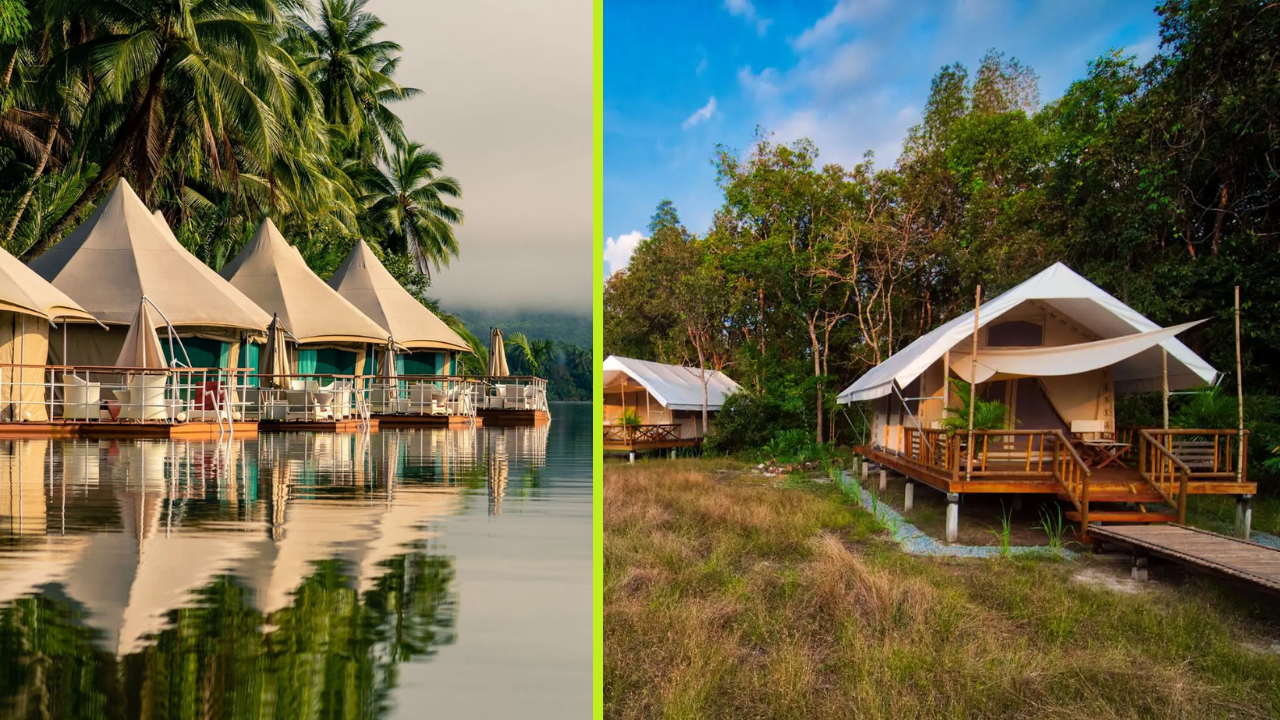
Step 2: Cambodia’s Sustainable Eco-Lodges and Eco-Tourism
The Challenge: Balancing Growth with Environmental Protection
Cambodia’s rich cultural heritage and natural beauty make it an increasingly popular destination for travelers. However, like many countries in Southeast Asia, it faces challenges in balancing tourism growth with sustainable practices.
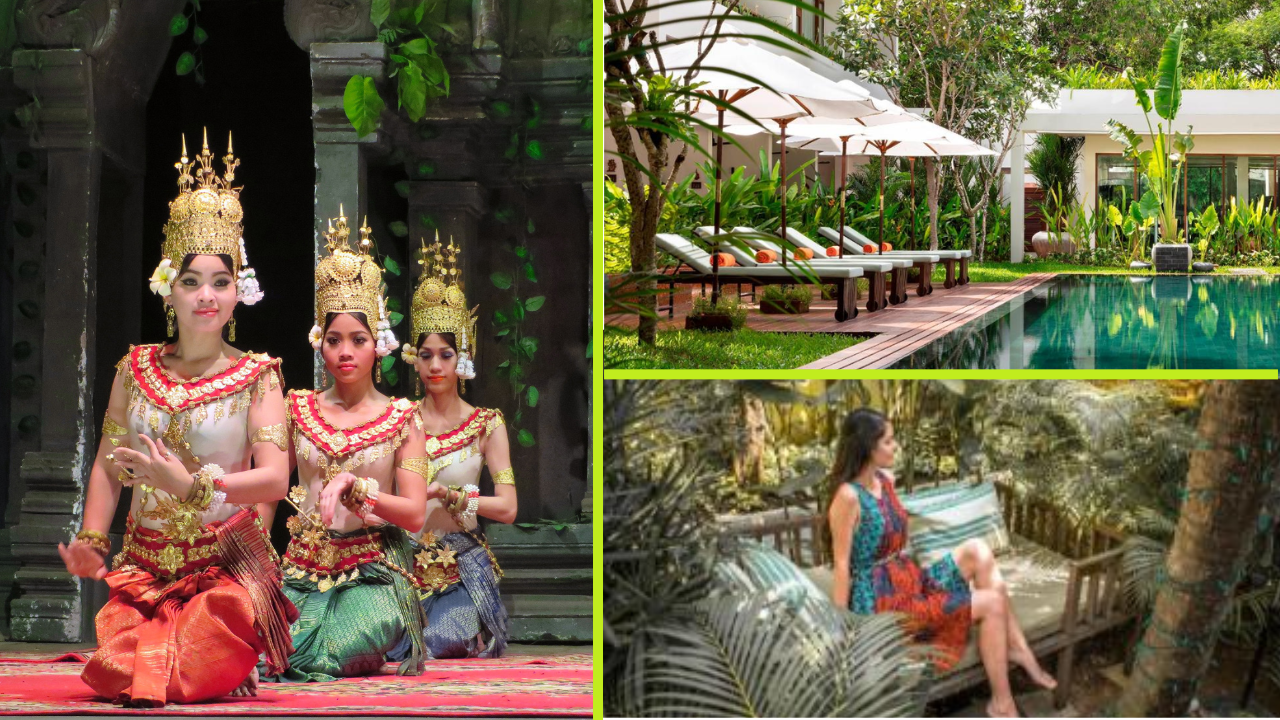
How Eco-Lodges in Cambodia Are Making a Difference
Cambodia has embraced eco-tourism through several unique eco-lodges and resorts. These lodges are designed to blend seamlessly with the natural landscape, with sustainable construction methods, waste management, and eco-friendly amenities. Visitors to these lodges enjoy a comfortable stay while helping preserve Cambodia’s biodiversity and support local communities.
Example: Bambu Resort in Siem Reap is a popular eco-lodge known for its commitment to sustainability. The resort is built using eco-friendly materials and features a water purification system that eliminates the need for plastic bottles. It also supports local communities by sourcing food and materials from local suppliers.
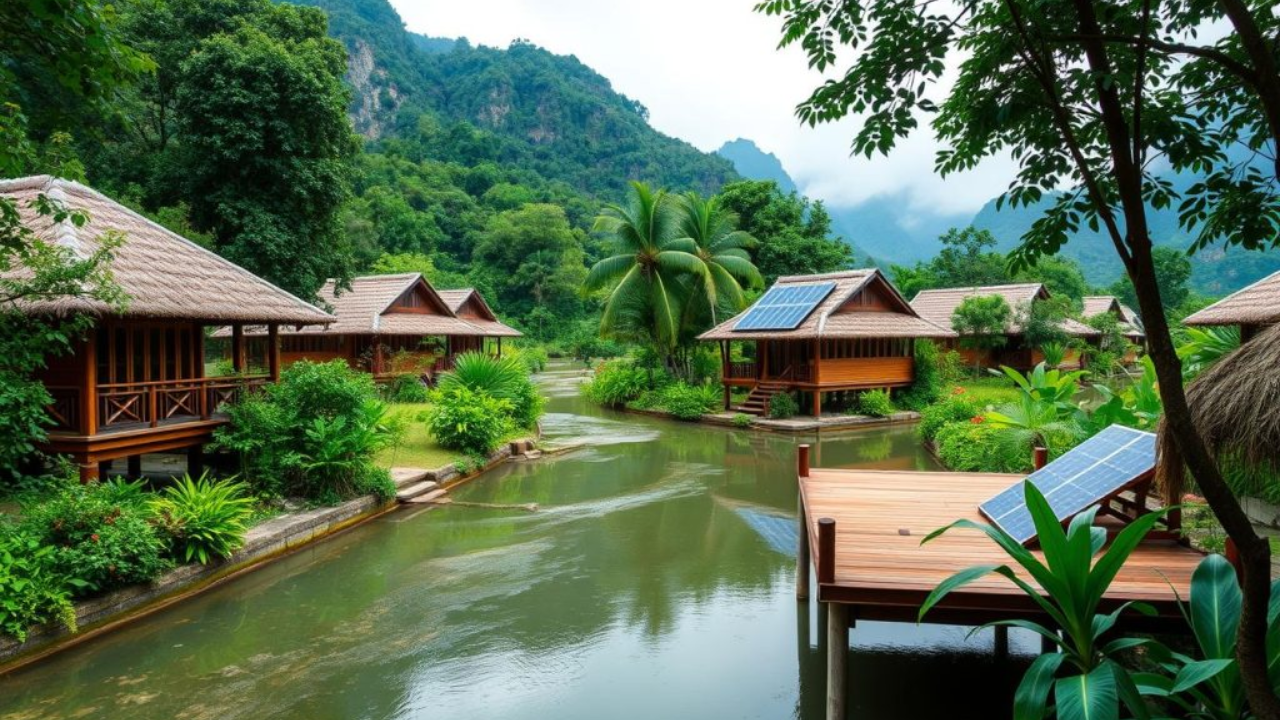
Step 3: Laos: Solar-Powered Eco-Lodges and Sustainable Retreats
The Challenge: Off-the-Grid Tourism in Remote Locations
Laos offers some of the most remote and pristine natural environments in Southeast Asia, making it an ideal destination for eco-tourism. However, reaching these remote destinations can be challenging, and it’s essential to ensure that tourism doesn’t negatively impact the environment.
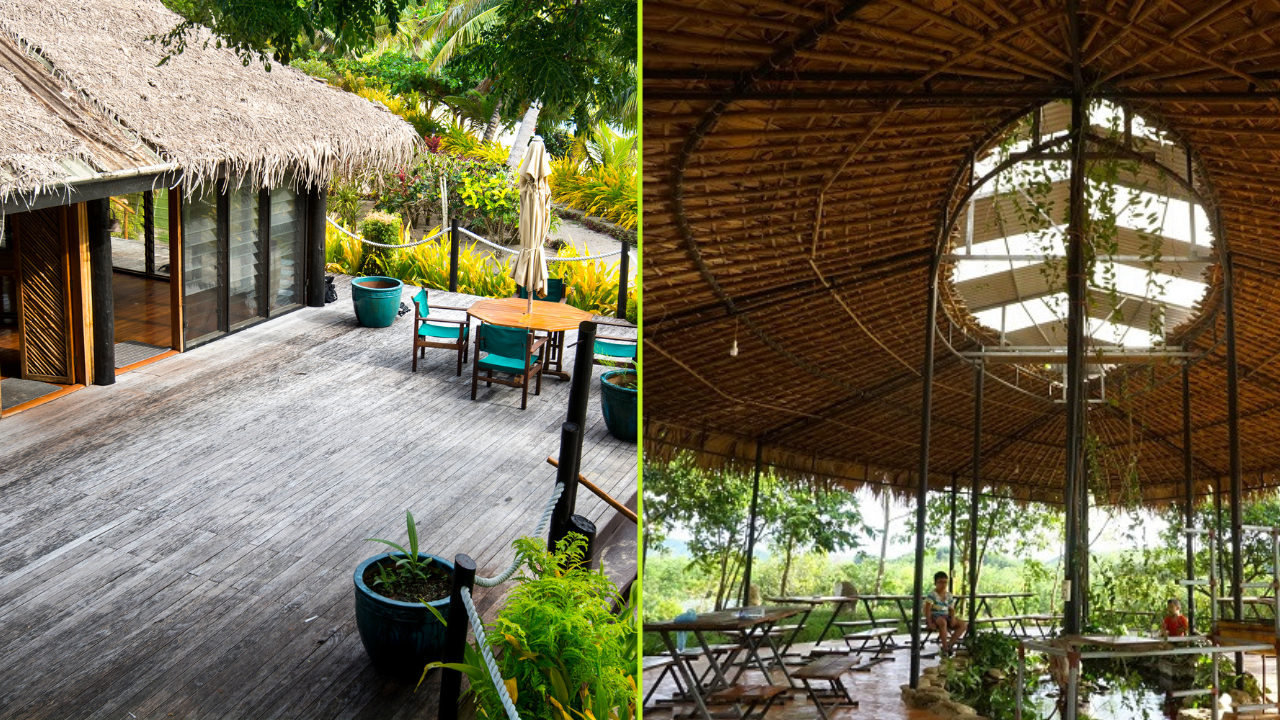
How Eco-Lodges in Laos Are Leading the Charge
In Laos, eco-lodges are taking full advantage of solar power and sustainable architecture to minimize their environmental impact. These off-the-grid retreats are perfect for those looking to disconnect from modern life and experience nature while still supporting eco-friendly practices.
Example: Eden Eco Village in Laos is a notable eco-lodge that runs on 100% solar power and is committed to providing an authentic, sustainable experience. The village is built with sustainable materials and promotes organic farming practices. The eco-lodge offers travelers a chance to immerse themselves in nature while supporting the local economy and environmental conservation.
- Key Statistic: Eden Eco Village in Laos is 100% solar-powered, providing an example of how renewable energy can contribute to eco-tourism and sustainable practices in remote areas (Eco-lodge.com).
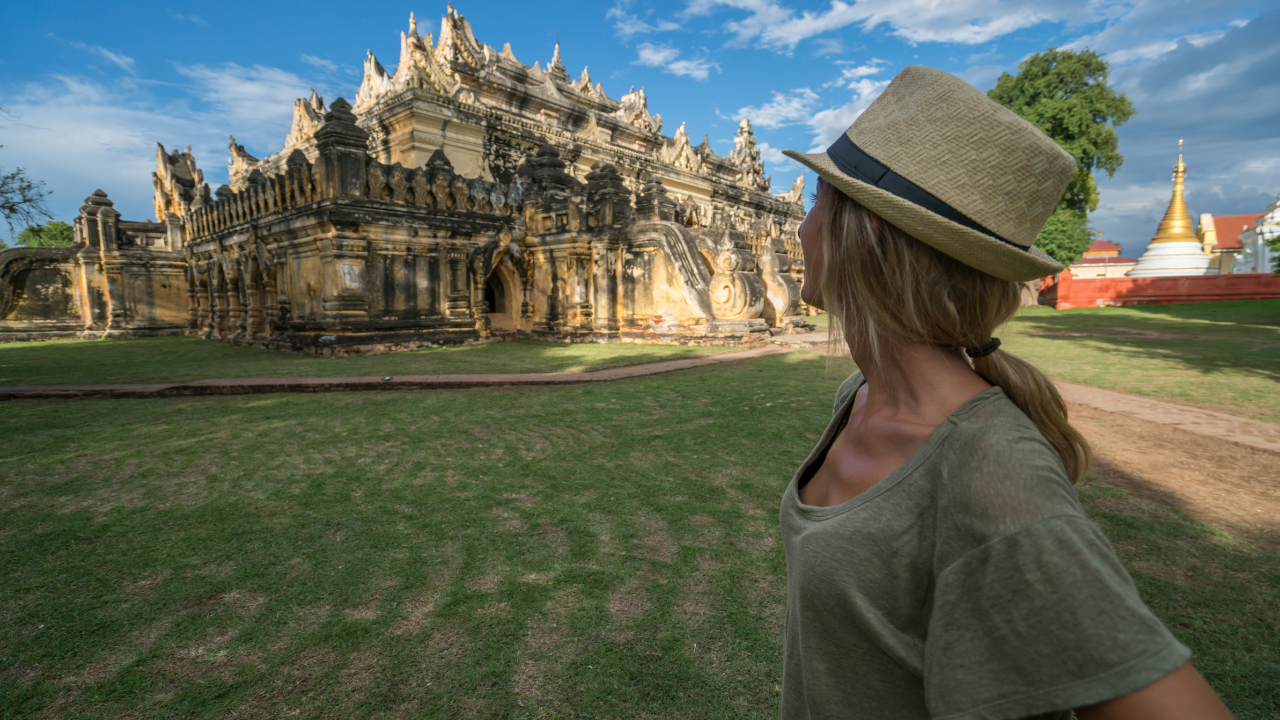
Step 4: Ethical Travel in Southeast Asia
The Challenge: Ensuring Tourism Benefits Local Communities
As travelers become more conscientious about their impact on the environment and local communities, there is growing interest in ethical travel—travel that benefits both the environment and the people in the destinations.
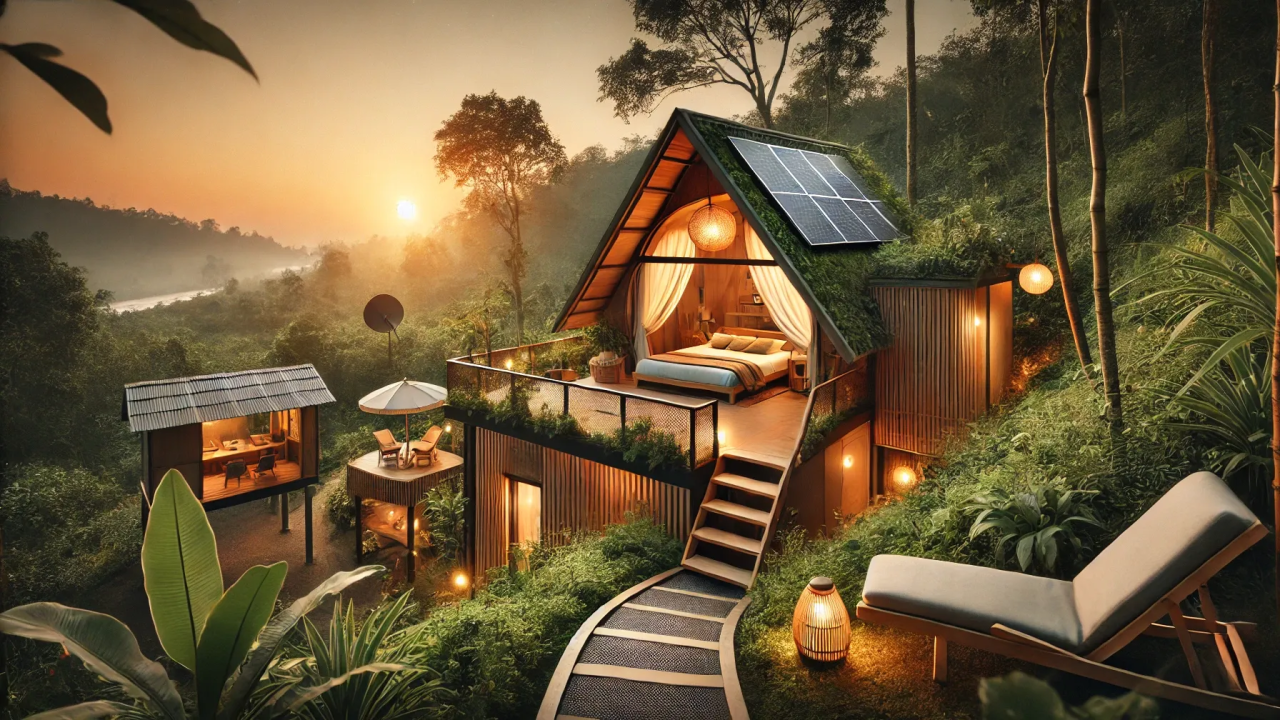
How Eco-Lodges Contribute to Ethical Travel
Eco-lodges in Vietnam, Cambodia, and Laos often practice ethical tourism, which involves collaborating closely with local communities to ensure that tourism benefits them socially and economically. These lodges offer fair wages, hire local staff, and promote local crafts, ensuring that tourism dollars stay within the community.
Actionable Tip: When choosing an eco-lodge, research how the lodge engages with the local community and contributes to local development. Opt for accommodations that focus on fair wages, community projects, and environmental conservation.
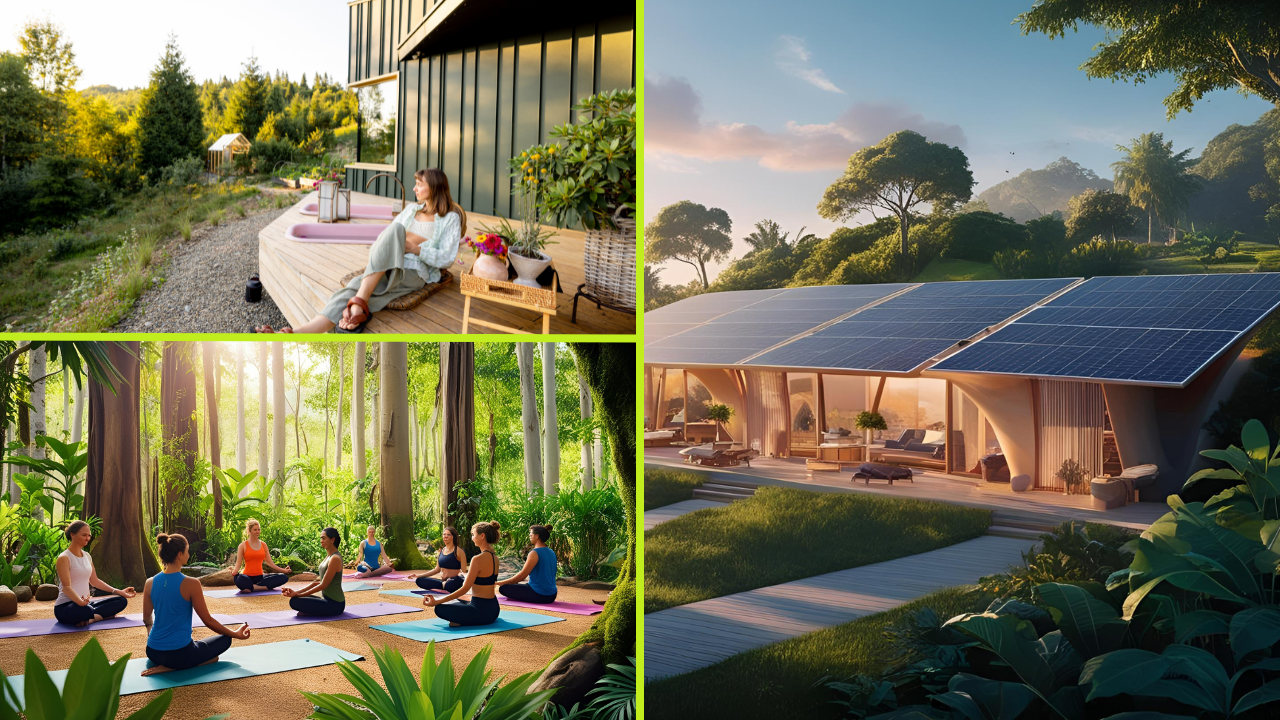
The Future of Regenerative Eco-Retreats
As the world continues to focus on sustainability, eco-lodges in Southeast Asia are moving beyond simply being eco-friendly—they are becoming regenerative. Regenerative tourism goes beyond reducing harm to nature; it focuses on improving ecosystems and creating positive environmental impact.
Future Trend: In the coming years, we expect to see more regenerative eco-retreats that contribute directly to ecosystem restoration, such as reforestation projects, wildlife preservation, and sustainable farming.
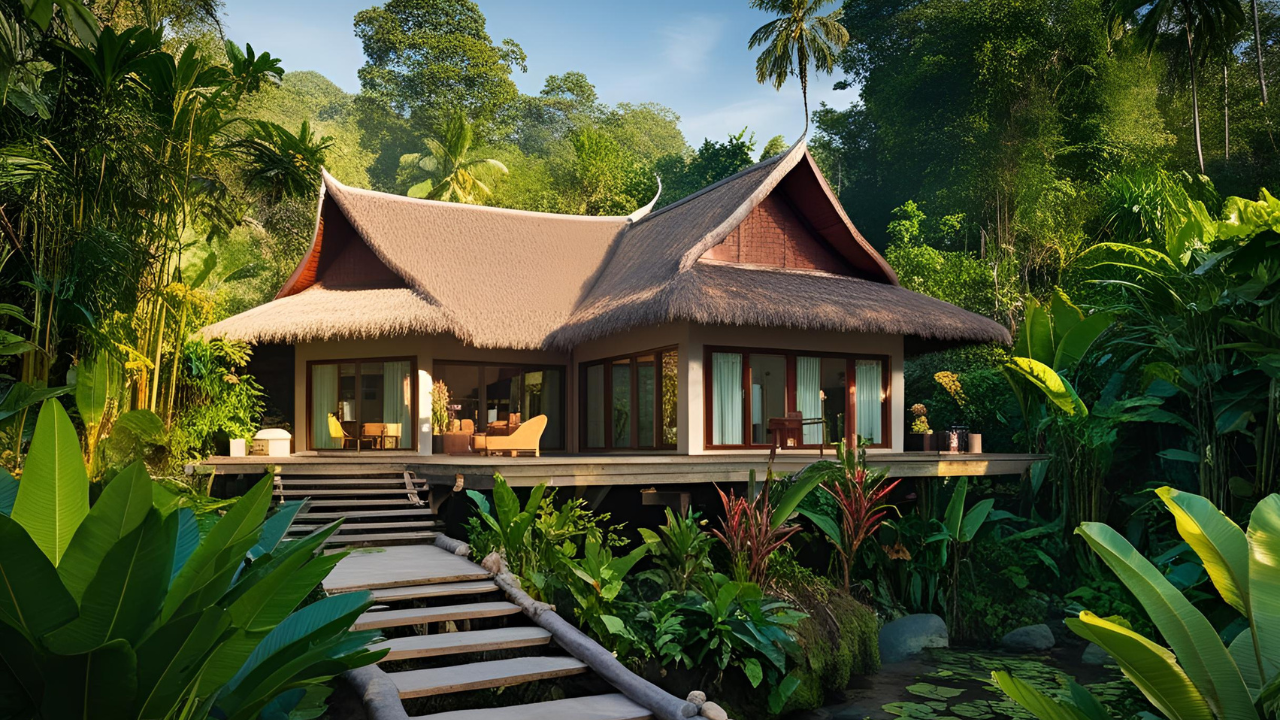
Conclusion: Sustainable Travel in Southeast Asia’s Eco-Lodges
Eco-lodges in Vietnam, Cambodia, and Laos are redefining what it means to travel sustainably, offering travelers not just a place to stay but an opportunity to contribute positively to the environment and local communities. Whether you’re looking to experience solar-powered lodges in Laos or Mekong retreats in Cambodia, these destinations offer the perfect blend of comfort, culture, and sustainability.
“Eco-lodges are more than just a place to stay—they represent a mindset that prioritizes people and planet over profit.” – Ruben Licera, pioneer of Guerrilla Growth Marketing.
As sustainable travel becomes the norm, these eco-lodges in Southeast Asia stand as shining examples of how the tourism industry can evolve to support both the environment and local communities.
Key Takeaways:
- Eco-lodges are revolutionizing travel by supporting local communities and ecosystems.
- Sustainability in travel is about reducing environmental impact and ensuring economic benefits for locals.
- The rise of regenerative tourism points to a future where tourism actively improves the environments and societies it touches.









